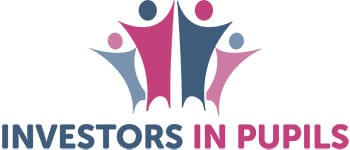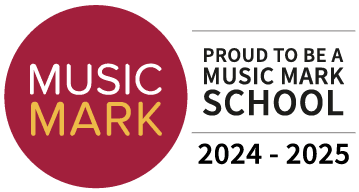English
Our aim in the English department is to build and develop strong skills, broad knowledge and understanding that will enable students to not only access GCSE content but create a love and enjoyment for the subject. In turn, we help them prepare for adult life and their future career and life goals.
We seek to enable students to demonstrate their dedication to excellence by becoming enthusiastic readers who access a wide range of texts, and accomplished writers and orators with an excellent knowledge of both English language and English literature. We endeavour to foster a love of word play, exploration of texts across all genres and forms and to investigate the world of non-fiction writing.
Our developing key stage 3 schemes of work aim to further develop students’ knowledge of grammar, understanding language and analysis of texts. We are incorporating a broad variety of texts to expand their cultural capital.
The main aspects of our key stage 3 curriculum reflect the requirements of the national curriculum in giving students the opportunities to learn about reading for meaning; writing for a range of purposes and audiences; having technical accuracy and making imaginative use of grammar and punctuation, and having an effective and commanding grasp of spoken English. We offer a range of enrichment activities throughout key stage 3 which support the subject including: book club, theatre trips, educational visits, workshops, enrichment days, live broadcasts, and creative writing club.





